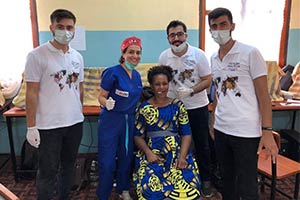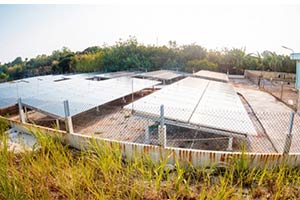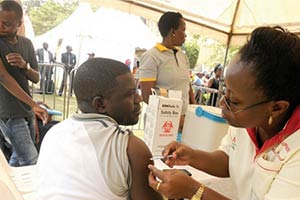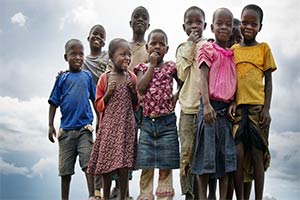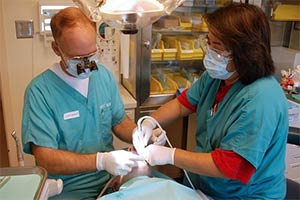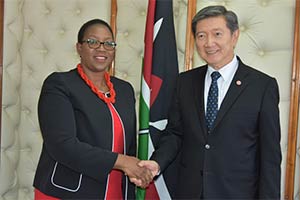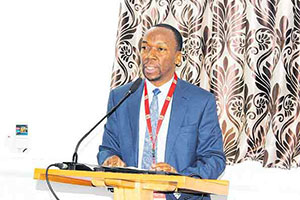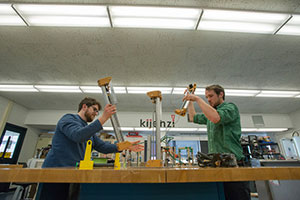As a part of a free health services arrangement supported by the Turkish Cooperation and Coordination Agency (Tika), over 2,000 people from Morogoro region received dental and medical treatment.
People from all walks of life gathered at the Mchikichini A and Mchikichini B Primary schools, where health experts from Tika had camped to deliver free health consultations, testing and treatment.
The responsibility went along with providing support to children in Upanga, where there is a children’s retention home in Dar es Salaam, as part of the Turkish cooperation and support programs to African countries.
Upanga Children Retention home was established in 1962 with the aim of retaining accused children below 18 years old who are in conflict with laws.
The home was established purposely to make sure children are separated from the group of accused adult detention.
Darivs Kalijongo, Upanga Retention home Manager, mentioned the challenges that face the Upanga Retention Home, such as absence of proper programs for supporting children’s behavior modification, and a small budget for fuel to take and collect children from courts located outside the city including Chalinze (Msoga), Bagamoyo, Mkuranga, Kisarawe and Kibaha.
Mr Kalijongo also thanked other partners and good Samaritans from different parts of Dar es Salaam and beyond, including Tanganyika Law Society, WILAC, Ilala Municipal Council and the social welfare committee for their material and moral support to the retention home.
Tika’S Country Director Halil Ibrahim Okur mentioned that Tika decided to provide equipment to the children’s retention home so that the children can benefit and use them for their betterment as they continue with social cultural and education activities in the retention home.
Tika has provided television set and decoders, computers, desks, solar energy, beds and mattresses, renovation of the retention home with pavement and painting of the home for the children.
Tika’S Country Director Halil Ibrahim Okur the agency is performing many projects in other African countries and Tanzania is considered to be important to them.
He said they are executing this project to support government initiatives and showing solidarity.
At present, 10 Turkish dentists are volunteering in delivering health service at Muhimbili National Hospital as part of Tika’s program.

